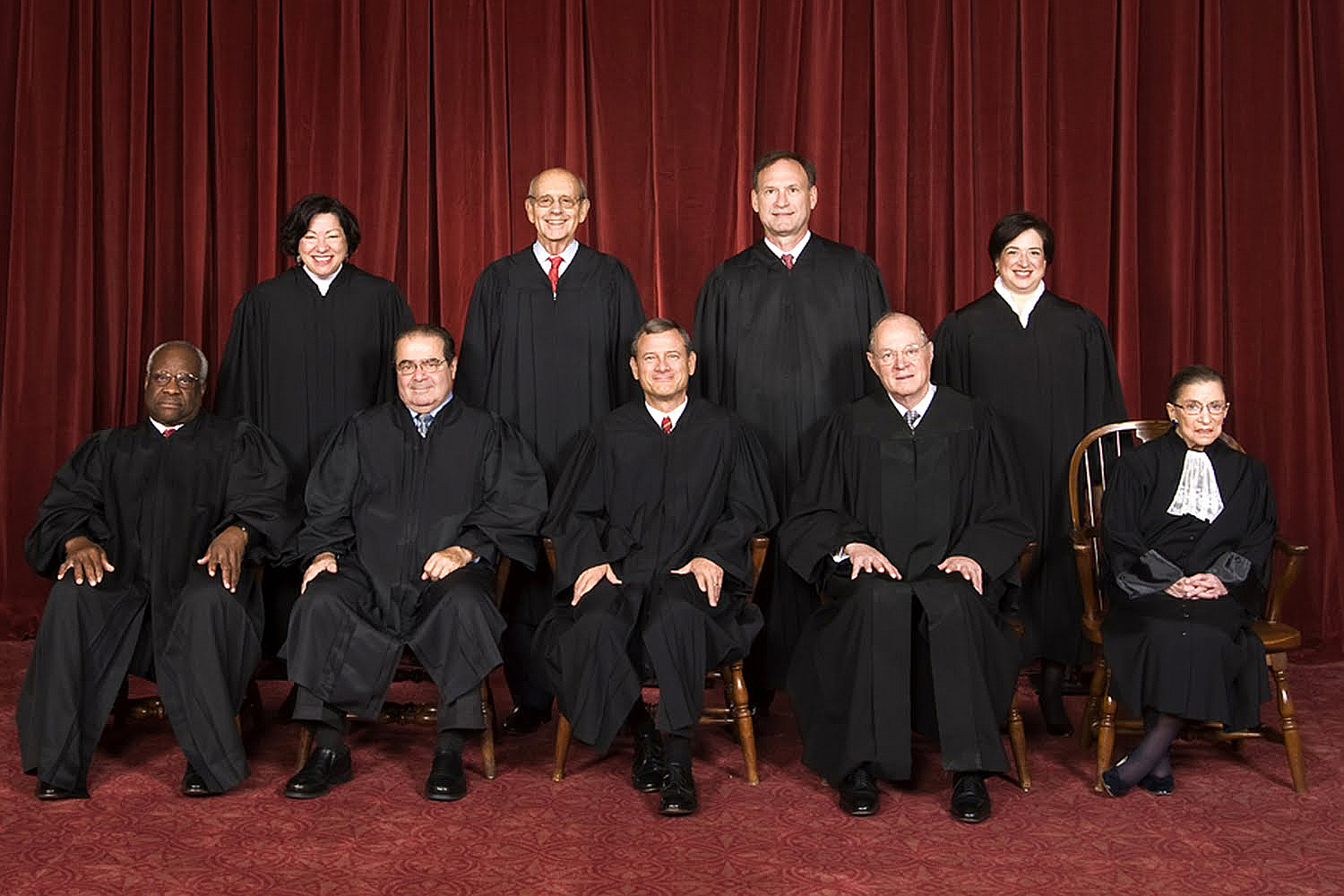Supreme Court Marriage Decision Exemplifies Judicial Tyranny
FOR IMMEDIATE RELEASE
Friday, June 26, 2015
Today the U.S. Supreme Court ruled states do not have the constitutional authority to define marriage as the union of one man and one woman.
Family Council President Jerry Cox released a statement, saying, “Today’s ruling exemplifies judicial tyranny. Voters in more than three-fifths of the country democratically passed laws and amendments defining marriage in their respective states. Today’s U.S. Supreme Court ruling sends a very clear message that five unelected justices believe they have the power to disenfranchise fifty million American voters. It’s unthinkable.”
Cox said today’s ruling deepens divisions among Americans regarding marriage. “Unfortunately, this ruling does nothing to bring Americans willingly to any consensus on marriage. The court has offered its definition of marriage through this ruling, and that’s a definition tens of millions of voters still reject. This does not unite the nation. It further divides us.”
Cox said the court’s ruling is unprecedented. “The U.S. Supreme Court has ruled time and time again that the government has the power to define and regulate marriage. When it struck part of the federal Defense of Marriage Act in 2013, the court did so on the basis that marriage is something regulated by state government—not the federal government. Today the court has essentially said that state governments cannot regulate marriage, either. If the federal government cannot define or regulate marriage, and if state governments cannot define or regulate marriage, then tell me who can.”
Cox said today’s ruling calls into question the very meaning of marriage and family in America. “The question this ruling raises is ‘What is a marriage, and what is a family?’ If marriage can be between two men, why can’t it be between three or five? What is the logical argument for limiting it to just two people? We’re eliminating the very definition of marriage, and in so doing we are redefining the family as well.”
Cox said Family Council will work with attorneys and lawmakers to protect people of faith from discrimination as a result of today’s ruling. “Now that this ruling has been handed down, I believe a tidal wave of litigation is bound to unfold as gay activists try to force people of faith to violate their deeply-held religious convictions by aiding and participating in same-sex ceremonies in Arkansas and all across the country. We plan to work with our friends to ensure the freedoms of speech and religion are not squelched. One thing is for sure: This situation is far from over.”
###





 The following is a guest post by Luke McCoy.
The following is a guest post by Luke McCoy.